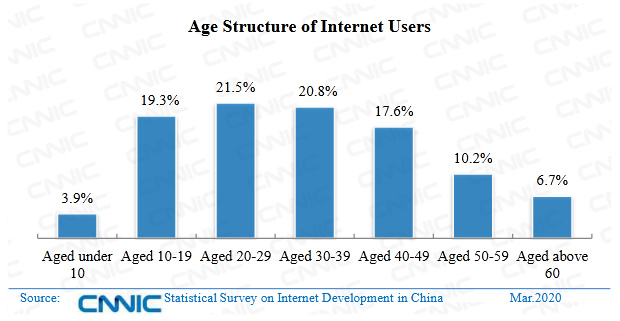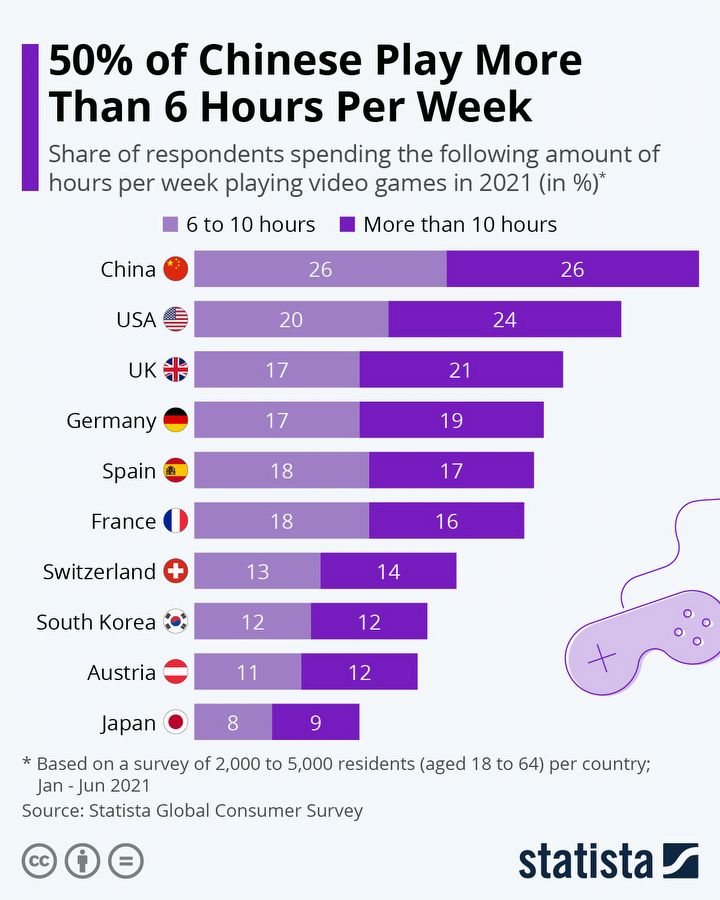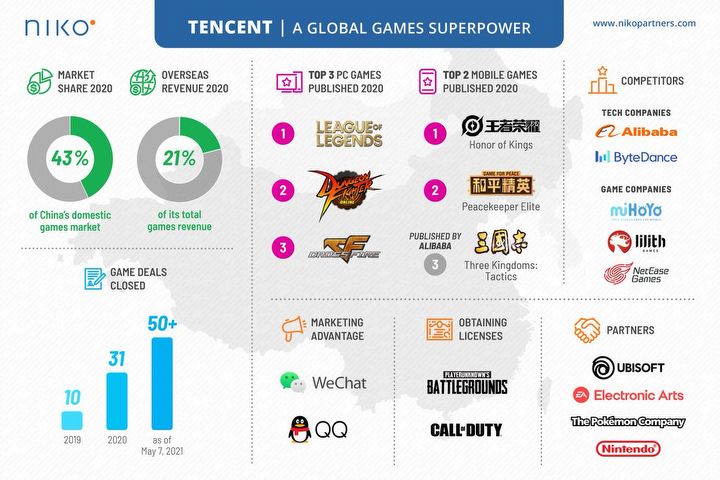China Bans Live Streaming for Minors Under 16
New Chinese regulations are set to prevent minors from livestreaming, and they also introduce further restrictions as part of their concern for children's development.

Chinese authorities are imposing further restrictions on underage gamers, arguing that the undertaken actions are out of concern for the development of children and teenagers. Those under the age of 16 are not allowed to register on live streaming websites. Websites offering any online service, including but not limited to video games, live streaming, movie streaming and music streaming, are required to limit the time children spend online. Restrictions are also imposed on online purchases made by minors and operators must put adequate control mechanisms in place.
Other regulations have been consistently introduced by the Chinese authorities as part of the fight against Internet addiction among minors; in August we wrote about the tightening of the Chinese law, as a result of which children in this country can only play three hours a week. In September we heard about the authorities limiting minors' access to the Chinese version of TikTok (Douyin).
The new regulations are designed to implement a unified system of electronic identity authentication of minors throughout China. The system is expected to make it easier to control the time spent playing games and online services, as well as reduce absenteeism from school due to compulsive gaming. Measures will also be taken to better classify games and online content and protect children's personal data.

In the middle of this year, tech giant Tencent (owner of Riot Games and Funcom, among others) began implementing facial recognition in its apps in an effort to curb nighttime gaming among underage Chinese. At first, the feature will appear in 60 of the corporation's most popular games, including Honor of Kings and Game for Peace. Let's add that Tencent controls more than half of the video game market in China. It also owns the streaming platform TenCent Video and the instant messaging service WeChat, and owns 40% stake in Epic Games.
The increasing restrictions are a consequence of the Beijing government's child development guidelines program, a draft of which was first reported in 2019 by the All China Youth Federation. It was supposed to be the response of the communist youths, among others, to the phenomenon of streaming teenagers spreading in China, who were outdoing themselves in order to increase their viewership and earnings. Users of Chinese social media apps sent their idols virtual gifs that could be exchanged for real money. The most popular teenagers were able to earn as much as $20,000 a month in this way, which caused quite a controversy in the country. In an attempt to curb the practice, Chinese authorities went as far as banning suggestive eating of bananas...
In response to the new regulations, 213 Chinese companies (including Tencent and NetEase) have announced that they will strictly adhere to the new rules.
- Tencent Loses Billions After China Calls Video Games Spiritual Opium
- TikTok Limited to 40 Minutes a Day - More Restrictions in China
0
Latest News
- This is expected to be the biggest year in the company's history. Blizzard prepares an offensive that will overshadow previous years
- Bethesda envied CD Projekt RED? Starfield may undergo a Cyberpunk 2077-style metamorphosis
- Season 2 has just started, and Todd Howard is already writing the script for the third one. Fallout 5 will be changed by the TV show
- 5 games to grab on Amazon Prime Gaming. Among them, a collection of RPG classics
- My experience attending the 2025 Game Awards, and why I loved it



